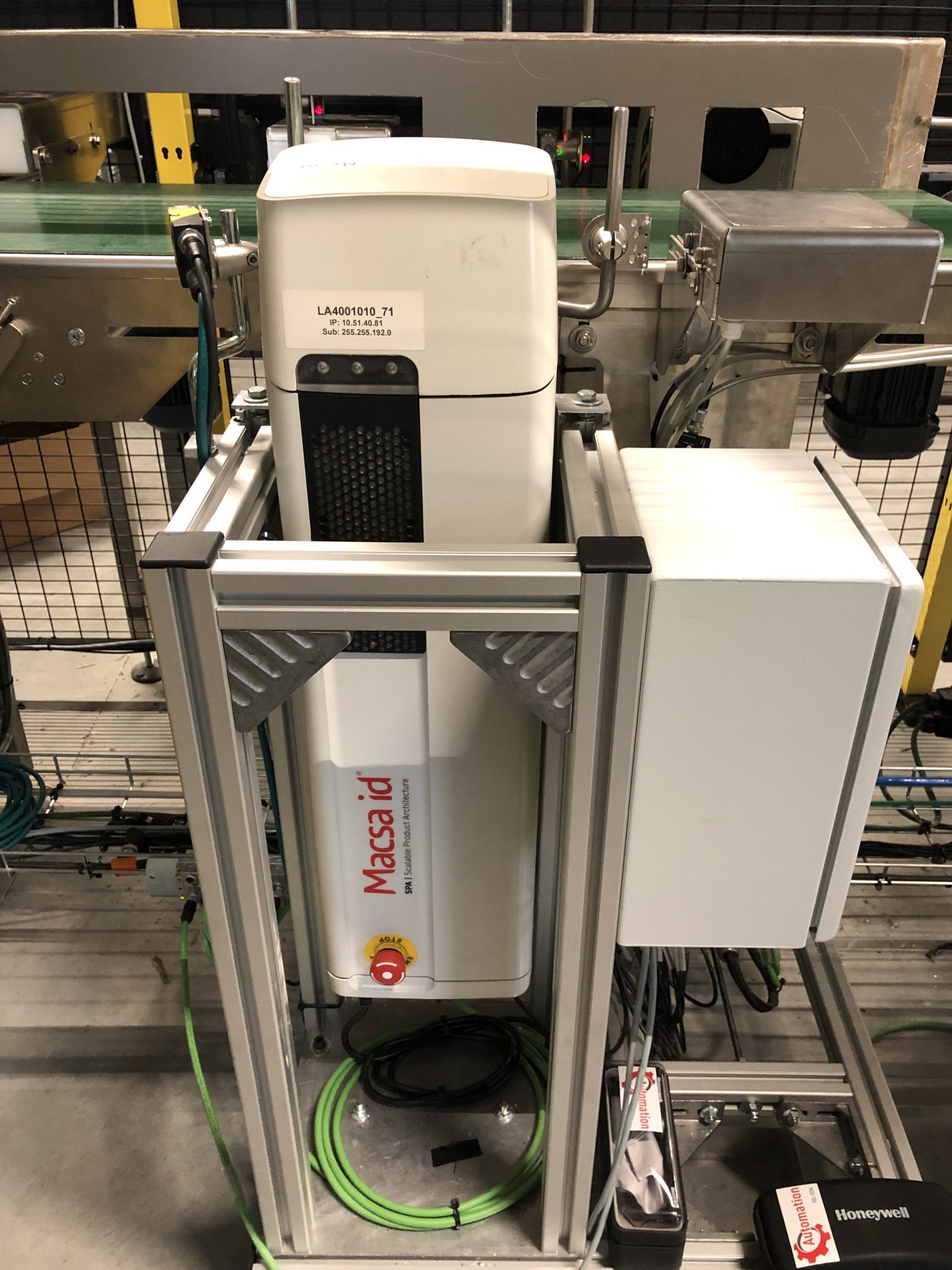Every year, Toyota Material Handling Europe undergoes an assessment by EcoVadis, which focuses on the topics Environment, Labour & Human Rights, Sustainable Procurement and Ethics. The past few years, Toyota has received Gold, but this year the Platinum award has been granted. This is the highest possible score, ranking Toyota Material Handling alongside the top 1% of companies in the ‘general-purpose machinery’ sector.
“EcoVadis Platinum enables us to build trust with our customers, suppliers and other stakeholders, and encourages all of us in Toyota Material Handling Europe to continue integrating sustainability in the way we work,” says Tom Schalenbourg, Director Sustainable Development at Toyota Material Handling Europe.
EcoVadis offering transparency to customers
Toyota Material Handling Europe uses EcoVadis’ third-party evaluations to streamline transparency to its customers, and to drive performance within its network. Because of the growing global trend for increasing supply chain transparency and accountability, more and more businesses are increasingly including CSR assessments in their procurement processes. EcoVadis, the leading sustainability rating company, provides sustainability ratings of more than 61,000 suppliers worldwide on their environmental, social and ethical performance. Its online platform allows 175 multinationals to access ratings of their selected suppliers across 155 countries.
Team effort
All Toyota Material Handling’s European factories and local entities undergo this yearly survey, which leads to an individual scoring of each entity. So far, 16 out of 26 local entities have achieved EcoVadis Gold level. Toyota Material Handling Europe’s score takes into account all European data and also includes some performances by Toyota Industries Corporation (TICO).
In 2018, Toyota Material Handling Europe also received the first ever Supplier Excellence Award from EcoVadis for ‘Best Group Engagement’. The award represented Toyota’s commitment to transparency on the performance of all local entities, Gold rating for 30% of subsidiaries, and a top 3% ranking in the industry.
EcoVadis evaluates four themes, of which each theme varies, and Labour and Human Rights weighs the heaviest. Toyota Material Handling Europe has received the following rating for each theme:
Labour and Human Rights 80/100
Environment 80/100
Ethics 70/100
Sustainable Procurement 70/100
Toyota Material Handling Europe appointed Spaniard Ernesto Domínguez as CEO earlier this year.







